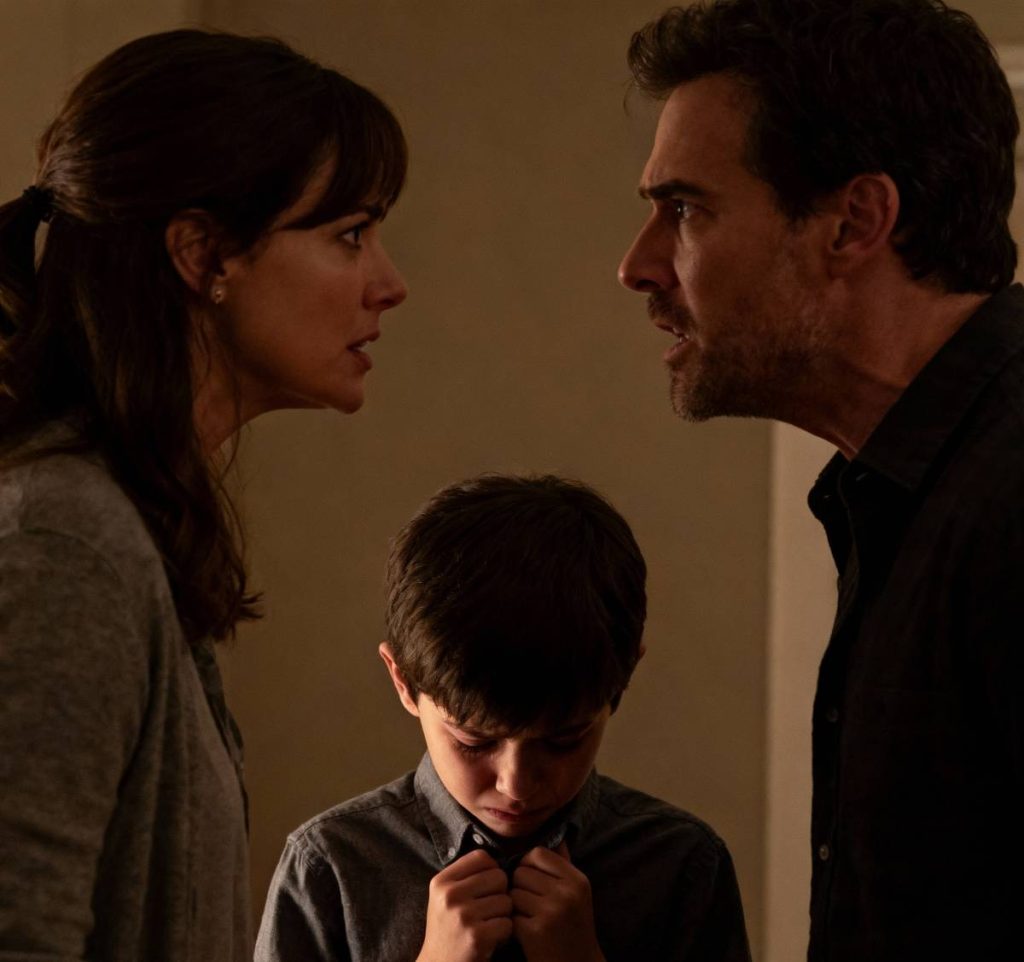Divorce and separation may cause numerous difficulties in a family and in particular where communication between parents becomes hard. In other cases, parents might be tempted to use their children to pass messages, directions or even complaints to the other parent.
Although this might appear to be such a convenient way out, this can have a terrible impact on the emotional health of the child and the parent-child bond. It is critical to learn more about healthier ways to communicate as well as the risks of exposing children to this sensitive period before their health is compromised.
Precisely because of the use of children as messengers, children might be put in awkward and stressful situations. This can create a situation where they are torn between two parents, not knowing where to stand and they may have a lot of adult responsibilities which are not their age.
This reversal of roles may cause some confusion and anxiety among children making them feel obliged to solve conflicts that are not in their power. It is important not to go through this relationship so that the children have a feeling of insecurity and instability during the divorce process.
Effect On The Emotional Wellbeing Of Children
Children that are called on to pass the messages between parents tend to become more stressed and emotionally strained. They might absorb the tension they observe and they may be under pressure to resolve the disagreements of their parents.
This extra burden may result in guilt, fearfulness or resentment of one or both parents. In the long term, such emotions may influence the self-esteem and mental well-being of a child, and he or she may have greater difficulties in other spheres of life.
The use of children as messengers also has an effect of disrupting their normal childhood. Children do not have to worry about school, friendship, and their other interests; instead, they may be obsessed with their parents quarreling.
Their feeling of stability may be compromised by the inability to feel safe in their family due to the exposure to adult conflicts all the time. It is very important that children are protected against these dynamics to ensure emotional development and future psychological welfare.
Parent-Child Relationship
Using children to communicate in between the parents can ruin the trust and closeness of the parent child relationship. Children can develop the sense that their parents are unfairly pushing them and it creates distance and tension.
They may start relating one of the parents to stress or conflict that may disrupt the relationship and emotional attachment. Having a clear line between adult matters and child roles prevents the issues of integrity of such relationships.
Furthermore, children can be divided when they have to do what their parents ask. They may have a problem with loyalty, because they are afraid that delivering a message may offend one parent or dismay the other.
This may be a source of confusion and frustration causing children to be left without knowing how to deal with both parents. Parents can avoid these unintentional consequences and ensure a healthier family relationship by ensuring communication is more straightforward between the adults.
Legal And Practical Issues

In other instances, sending children as messengers may also be a legal issue especially where there are issues of custody or visitations. The communication or misunderstanding that is expressed through a child may complicate agreements or even result in disagreements.
To be explicit and abide by the legal strictness, family lawyers usually recommend that parents discuss those key decisions verbally and put them on paper. These measures will prevent the child and the parents undue confrontation or misunderstanding.
In a practical sense, it is usually inefficient and ineffective to use children as a means of communication. Messages may be misread or misremembered or manipulated, and this complication can lead to an increase in conflicts between parents.
Adults can use direct communication, which can be emails, texts, or co-parenting applications to pass information to each other without involving children. This will guarantee a responsible approach to important issues and it also keeps children out of arguments.
Healthy Community Communication Strategies
The strategies that the parents can apply to ensure effective communication do not involve their children. Checking in with each other on a regular basis and having clear boundaries can lessen the misunderstandings and stop conflict.
Organized communication devices such as joint (shared) calendars or co-parenting applications allow parents to be organized and informed and not to overload their children. These plans encourage a respectful and collaborative style of post-separation parenting.
Parents are also supposed to provide a good example of healthy communication to their children. Showing respect and patience and problem solving calmly educates children on how to work around difficulties positively.
There is a security and stability that is preserved by sending children away when parents are in an adult quarrel. The advice of a family lawyer may help to further support clear communication protocols, custody and decision making.
Conclusion
It is essential to ensure that children carrier is not made in a way that it disrupts their emotional state of being and compromises the parent-child relationships. Children who are dragged into the chaos of the adults will lead to unnecessary stress, confusion and loyalty problems and this can be permanent and long-term with negative consequences. The parents should employ the use of structured tools to deliver information in a responsible manner by directly communicating with the children.
By making sure that children are not in the line of the conflict, a family will be in a position to create a more stable, secure and nurturing environment that will be able to help both children and parents in the process and after divorce.
This will not only be beneficial in saving the emotional health of the children, but also cause more healthy relations in co-parenting when all the attention is paid to the needs of the children and not to the quarrels of the adults.





